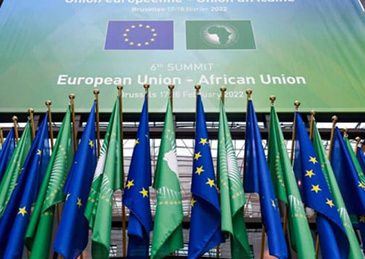
What economic logic lies behind the US-Japan trade agreement boosting oil prices? On Wednesday, oil prices rose slightly during the Asian trading session, a trend that seemed closely related to the new US-Japan trade agreement. It is widely believed that this agreement may revitalize the global economic momentum and thereby stimulate energy demand. However, behind this optimism, should we analyze the economic factors and their potential impacts more carefully?
First of all, we have noticed that the prices of both Brent crude oil and medium quality crude oil (WTI) have risen. This rise was not groundless but emerged after several consecutive trading days of decline. This indicates that the market is reassessing previous macroeconomic concerns, which mainly focus on the trade tensions between the US and Europe as well as President Trump's tariff ultimatum. Nowadays, these concerns seem to have been temporarily replaced by trade-driven optimism, but does this mean that the fundamental problems have been solved?
The US-Japan trade agreement announced by President Trump undoubtedly injected a strong dose of confidence into the market. The agreement includes lowering import tariffs on Japan, ensuring Japan's huge investment in the US economy, and expanding access to American goods in the Japanese market. Especially in terms of energy exports, this agreement is regarded as a signal that geopolitical headwinds may be weakening, indicating stronger global trade flows and an increase in oil consumption. However, we can't help but ask whether this agreement can really, as the market desires, promote a substantive recovery of the global economy?
In addition, the data released by the American Petroleum Institute (API) also provides support for the increase in oil prices. Data shows that U.S. crude oil inventories unexpectedly decreased, which further intensified the bullish sentiment in the market. However, what we need to pay attention to is whether this data is continuous? Does the reduction in inventory really mean an increase in demand, or is it merely a short-term fluctuation?
The market is currently closely watching the official data to be released by the U.S. Energy Information Administration (EIA) to verify the accuracy of the API data. If the EIA data confirms the reduction in inventory, it will undoubtedly provide more reasons for the recent consumption recovery. Even so, what we still need to be vigilant about is that uncertainties still exist in the macroeconomic landscape. Especially considering the approaching tariff deadline and the uneven growth of global demand, whether the rise in oil prices can be sustained remains a big question mark.
From a deeper economic perspective, although the conclusion of the US-Japan trade agreement alleviated trade tensions to a certain extent, it did not fundamentally solve the structural problems in the global trade system. In addition, the long-term impact of this agreement on the global economy and oil prices remains to be observed. Therefore, while celebrating the rise in oil prices, we should keep a cool head and carefully analyze the economic logic and potential risks involved.
To sum up, although the US-Japan trade agreement has boosted oil prices in the short term, the economic factors involved and its long-term impact still need further observation and assessment. Against the backdrop of a global economic landscape full of uncertainties, we should pay more attention to the fundamental factors that may influence the trend of oil prices rather than merely indulging in superficial optimism. Only in this way can we grasp market dynamics more accurately and make wiser decisions.

The 7th EU-African Union Summit was held in Angola from November 24th to 25th.
The 7th EU-African Union Summit was held in Angola from Nov…
On November 26, 2025, in the biting cold of Washington, D.C…
In the midst of a global wave of technological advancement,…
In November 2025, the revelations by Reuters and Bloomberg …
The Dominican Republic recently announced that it will allo…
On November 26, 2025, the European Central Bank (ECB) relea…